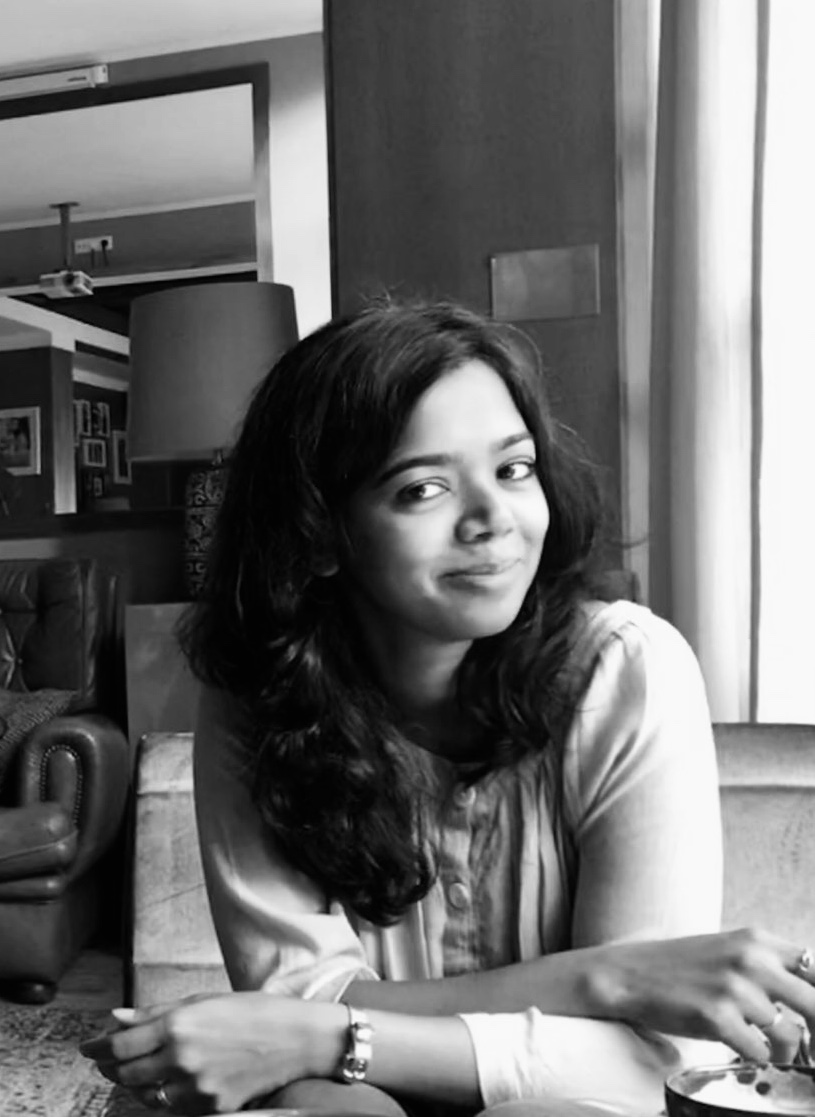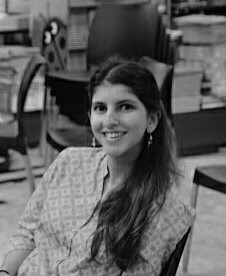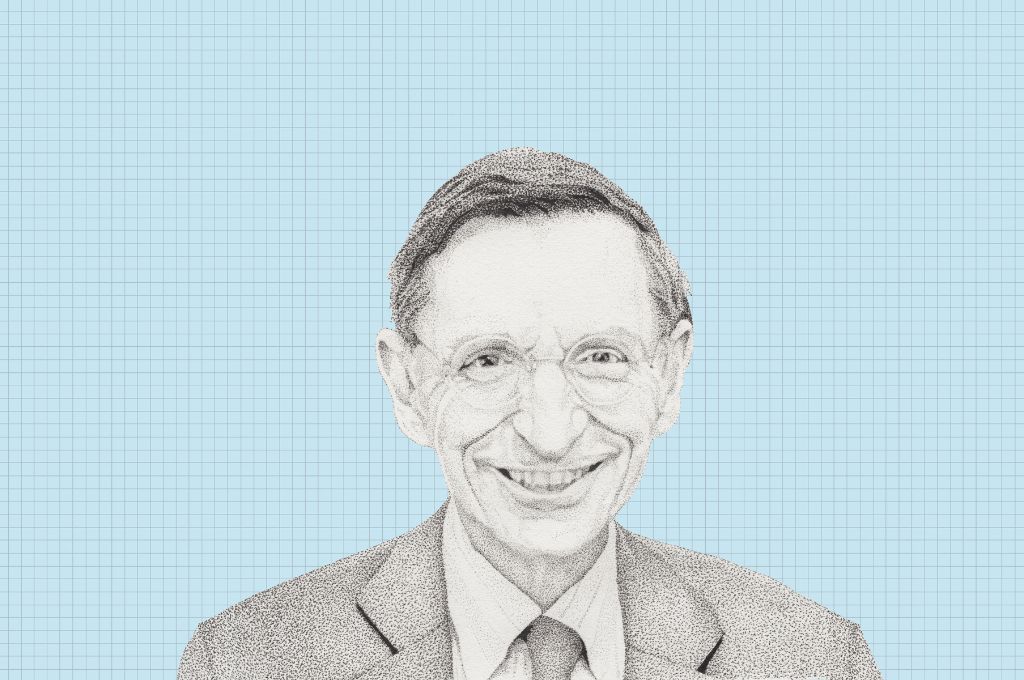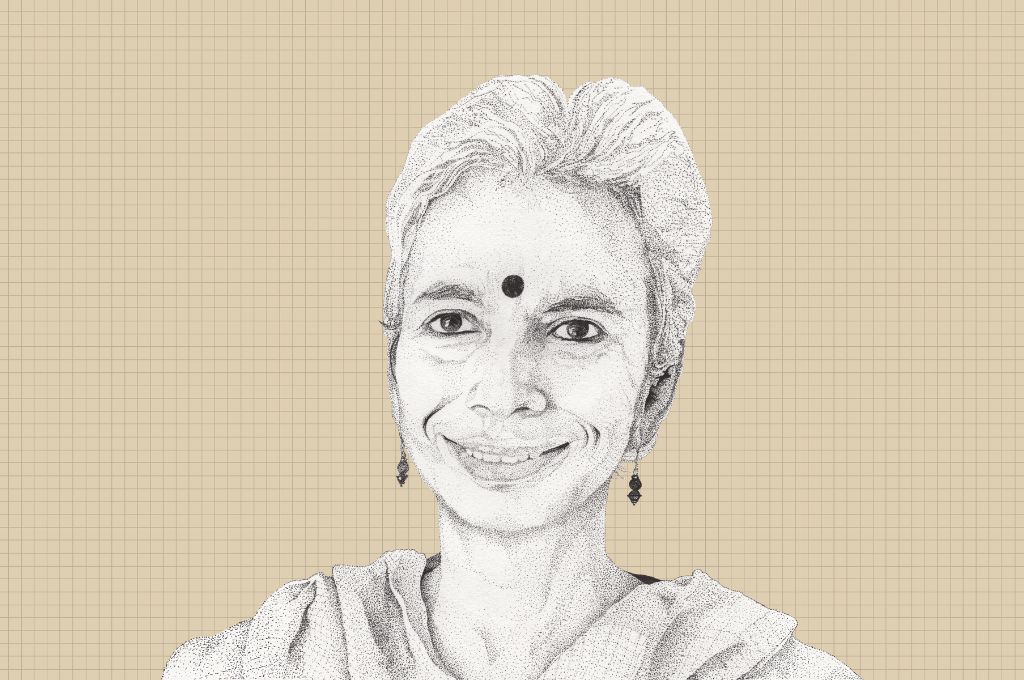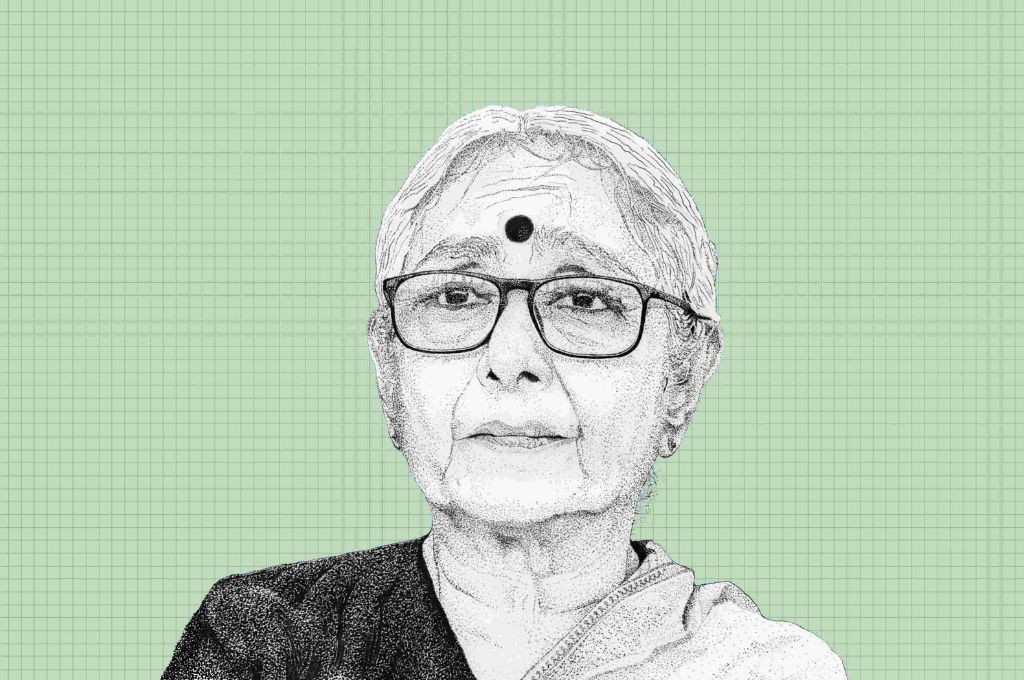Deep Joshi is a social worker, recognised for his role in professionalising development work in India. As a young professional, Deep was inspired by medical doctors Rajanikant and Mabelle Arole, who combined advanced medical training with empathy for the poor, while providing healthcare to marginalised rural communities. Based on the conviction that young graduates—engineers and management professionals—had a role to play in creating transformative change in rural India, he co-founded Professional Assistance for Development Action (PRADAN) in 1983 with Vijay Mahajan. Deep retired from PRADAN in 2007 and today is the CEO of the Rajiv Gandhi Charitable Trust.
Deep was awarded the Ramon Magsaysay Award in 2009, and was also awarded a Padma Shri by the Indian government in 2010.
You’ve spent many decades working in the social sector, and based on that experience what do you think our society needs to focus on today?
Our constitution is built on four pillars—liberty, equality, justice, and fraternity. Increasingly, I believe the challenge that faces us is building a society that is fraternal. The state can play a role in ensuring liberty, equality, and justice. But it can do little, if anything, to make its citizens feel more fraternal towards each other. Fraternity essentially exists in people’s hearts and minds and enables us to think of our fellow citizens as an extension of ourselves.

The state can do little to make its citizens feel more fraternal towards each other. Fraternity essentially exists in people’s hearts and minds.
If I had to start all over again, I would wish to have the capacity and the courage to affect things of this nature—to create a society which is concerned about the planet and the future, which thinks of human life as having more meaning than just consumption and accumulation, and in which people are concerned about each other.
And these constructs have existed in our society. Take our Adivasi communities for example—not too long ago, there were villages in our country where no one person owned land. It belonged to the entire village community, and there were mechanisms in place which ensured that everyone could cultivate this land. Forests weren’t cleared to grow more food, just to be sold elsewhere. There are people who may call this primitive and dismiss it, but was human happiness any less then?
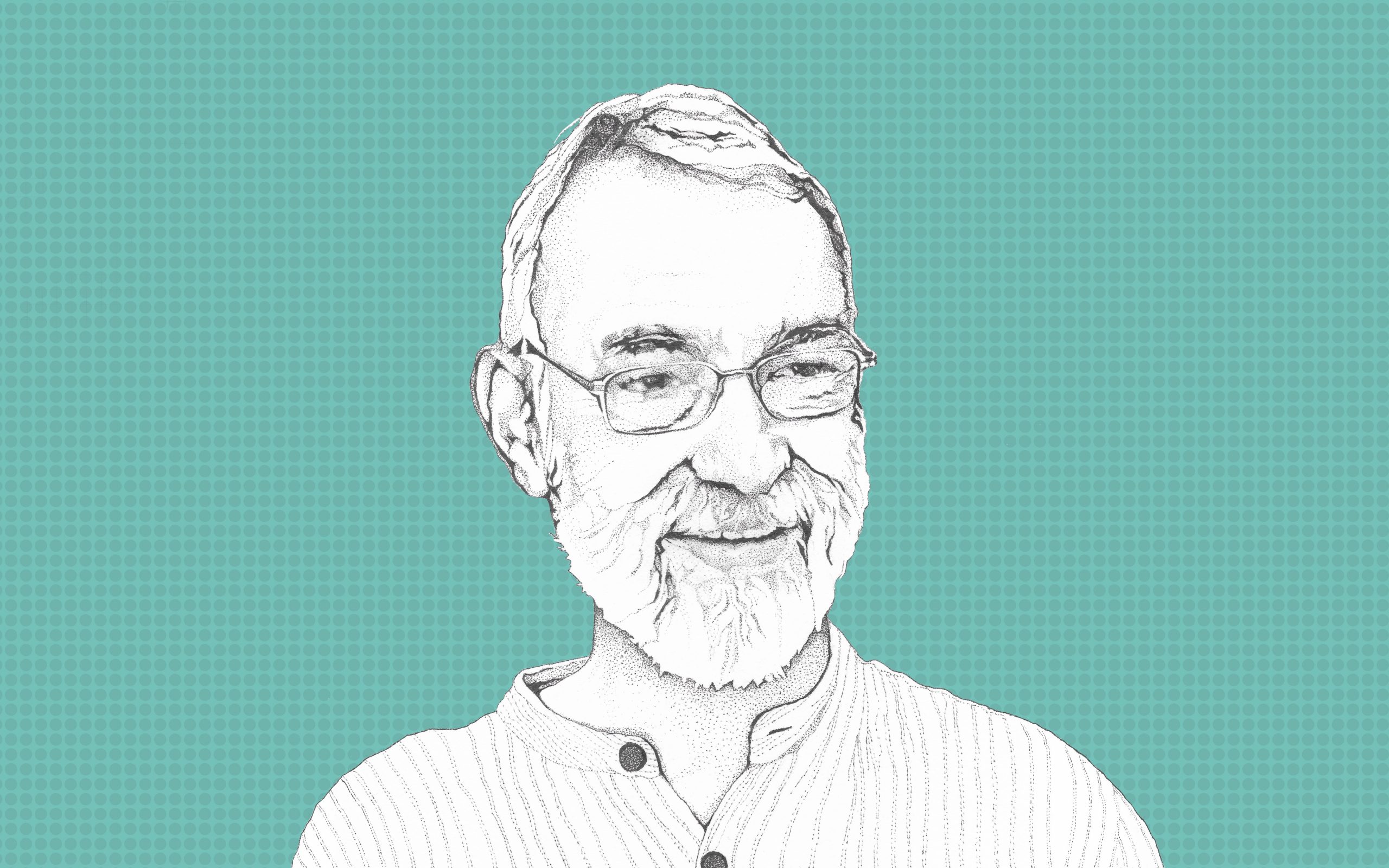
Illustration: Aditya Krishnamurthy
So how can we build a society that’s more fraternal?
I don’t think there is a silver bullet or any single way to do this. It needs to happen at multiple levels. The state, civil society, philanthropy, and our education system all need to play a role in building a more fraternal society.
We need more people to raise questions about these basic values that are so beautifully encapsulated in our constitution.
Fundamentally, we need more people to raise questions about these basic values that are so beautifully encapsulated in our constitution. There isn’t a more forward-looking and modern concept than that of fraternity. So, how do we take it forward?
If we can imagine a society where all human beings thought of ourselves as being connected to a larger goal, I think other things would begin to fall into place. For example, if I were a school teacher and I related to my students and the rest of the school community in a fraternal sense, then I would be driven by a sense of belonging. I probably wouldn’t need a supervisor to keep an eye on me. This would be true in any vocation—whether I ran a business, worked at a bank, or at a government office. Human society doesn’t have a great future if we can’t relate to each other as human beings.

I think we have lost some sense of being a part of a community by overcentralising. Mahatma Gandhi had a construct of how we could create a new nation—where power and decision-making are decentralised. The 73rd amendment brought in Panchayati Raj, but we have not really empowered these institutions in most parts of the country. And so, at a state-level, we need to create a system where public institutions are more community-based, community-governed, and community-led, as Mahatma Gandhi advocated.
Related article: Power to the people—The journey of Panchayati Raj Institutions
I think we have lost some sense of being a part of a community by overcentralising.
And unfortunately, our education system creates and cultivates tunnel vision. This happens in every discipline, be it technology, law, history, and others, because that is how our education system is structured. It doesn’t really allow young people to explore ideas, issues, and challenges beyond the tools and tackle of the specific discipline that they choose to pursue a career in.
And maybe as a result of this, I find ignorance is growing in our country. For example, India has such tremendous diversity, yet so few among us seem to be aware of it. Take Uttar Pradesh—we think of it as one large, homogenous state. But there are so many subcultures, so many ways of looking at things; the same festival or ritual is conducted in many ways, each of which has a different meaning and different roots. And when you look at the northeastern part of our country, it is more diverse than all of Europe, which is divided into more than 40 countries. It’s unfortunate that our people are so ignorant about our diversity and the value of fraternity to build on this diversity.
As more people start thinking about giving and getting involved in the development sector, what are some things that these actors need to consciously be aware of?
Often, the concern that people express comes from pity. They see poor or homeless people around them who don’t even have two square meals a day and want to do something about it. And so, they may try to feed them or find them shelter. Now the sharing of materials and resources is a great idea, and it is needed. But what we see—homelessness, for example—is not the fundamental problem that needs to be solved; it is rooted in something larger.
If we are to think about the larger challenge of transforming our society, then we need to ask and answer some difficult questions. Why is there poverty? Why is there gross inequity? It is not simply because poor people are helpless or because they don’t have access to capital. Can we address these larger issues, rather than simply playing a visible, ameliorative role? Can we find ways to use our resources more fruitfully?
What can nonprofits and civil society do differently?
Nonprofits tend to focus on ameliorating things. Vijay and I were both trained as engineers and so at PRADAN too, in the initial stages we took a techno-managerial approach to improving livelihoods and reducing poverty. But over time, we learned that instead of asking, “What can we do to remove or reduce poverty?” we should be asking “What can be done whereby people themselves can take care of some of these challenges?”. Instead of encouraging people to find ways in which they can help themselves, we often end up saying, “I’ll do this for you.” Couldn’t we instead encourage people to find ways in which they can come together to change their lives?
I can’t empower somebody else. Power is something that is within everybody.
Let’s consider the concept of ‘empowerment’, the latest entrant into the nonprofit lexicon. I can’t empower somebody else. Power is something that is within you, within everybody. The question to ask is, how can people be helped to discover that power, realise that power and therefore put it into practice.
Related article: Are social change and scale mutually exclusive?
Let’s say I’m working with rural women, organising them into self-help groups, something many nonprofits have been doing. Can I imagine that the women themselves can be the drivers of change? Can they become partners in driving the process of change forward in new places and new communities? Why must I look for ways to go to every village, to reach every woman?
It’s been my experience that when you bring 10, 15, or 20 women onto a single platform, and they meet a few times, there is a gradual shift that happens—in their stances, their beliefs, how they engage with the rest of the world, and what they believe they can do. So, the question that follows then is, can we begin to ask women, “If just 10 of you coming together has given you this sense of agency, this sense of power, wouldn’t that expand if there were 100 of you, or 1000 of you?” And if the answer is, “Yes” (and in my experience it has always been “Yes”), then the next question should be, “So, what are you going to do about it?”
This is especially important in the field of social transformation that nonprofits often talk about. By definition, it implies change on a large scale. And when we think about scale, instead of thinking about how we are going to take a programme to more geographies, could we think about how we can embed scale into the process of change itself—such that it becomes community-led. We need to unleash processes that will have a life of their own or have a multiplier effect.

